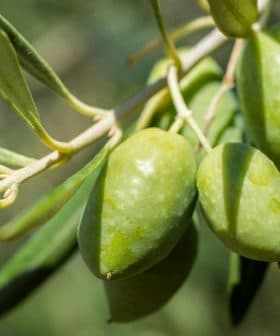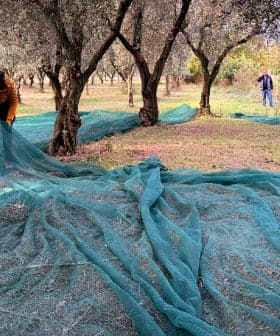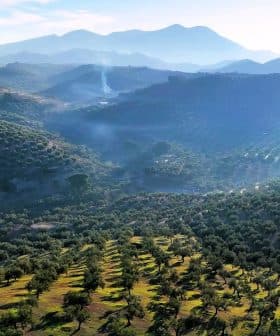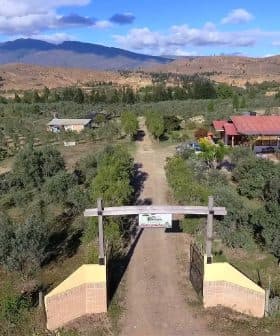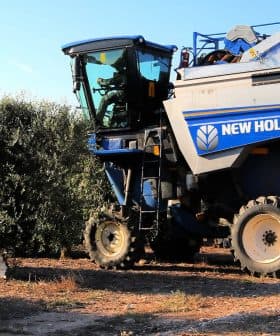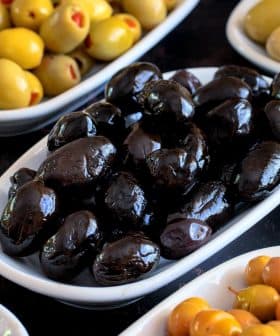Officials in Castilla-La Mancha Look to Oleotourism to Boost Farmer Incomes
Officials and farmers are working to build new tourist accommodations, organize tastings, and draw visitors to mils.
 Consuegra windmills, Calderico hill, Consuegra, Toledo province, Castilla-La Mancha, Spain
Consuegra windmills, Calderico hill, Consuegra, Toledo province, Castilla-La Mancha, Spain Efforts in Castilla-La Mancha, Spain’s second-largest olive oil-producing region, aim to boost traditional olive growers’ income through oleotourism, with new opportunities being developed in the province of Albacete, including tastings, visits to mills and olive groves, and cultural events. Officials hope that promoting oleotourism will help support traditional olive growers, prevent rural exodus, and provide additional revenue streams in a region where over 1.3 million hectares of traditional groves are at risk of abandonment.
Efforts are underway in Castilla-La Mancha, Spain’s second-largest olive oil-producing region, to provide supplementary income to traditional olive growers through oleotourism.
In the southeastern province of Albacete, farmers and government officials are working together to develop new oleotourism opportunities, from building farmhouses and museums to organizing tastings, visits to mills and olive groves and cultural events.
“Oleoturism arises as a form of economic diversification in regions such as this, regions where olive oil is produced and where the traditional approach to olive oil making is cherished, as are its organoleptic properties,” said Ramón Sáez, the provincial delegate of Agriculture, Water and Rural Development in Albacete.
See Also:Harvest Outlook Worsens in SpainHe added that efforts to develop and promote oleotourism are critical to providing additional revenue streams to traditional growers, many of whom have become increasingly less competitive compared to high-density and super-high-density olive groves.
According to regional government data, olive groves cover nearly 41,000 hectares in Albacete, of which about 30,000 are rainfed. The province generally produces about 70,000 tons of olive oil each year from Picual, Arbequina and Cornicabra olives.
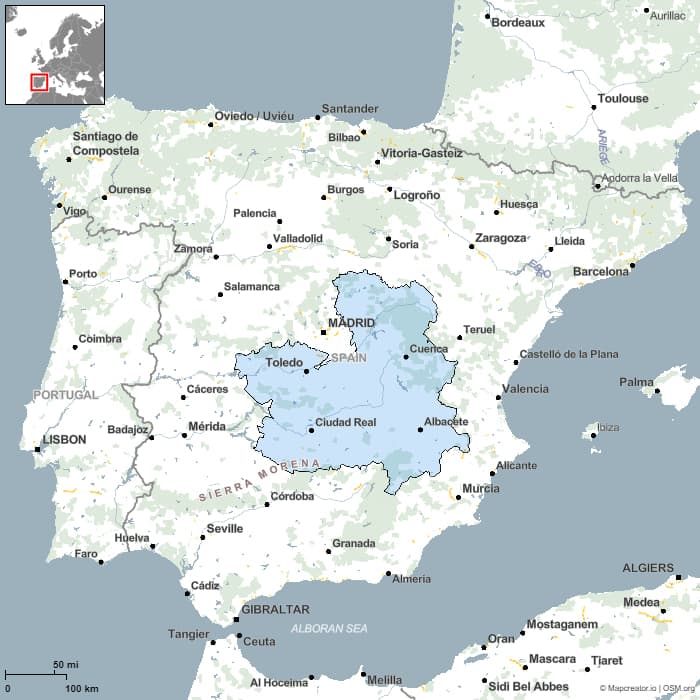
Castilla-La Mancha, Spain
Sierra de Alcaraz, which hosts about 8,200 hectares of traditional olive groves, was highlighted as an example where oleotourism can make a real difference for producers.
Already, the area has its own “collective brand” to identify traditionally-produced extra virgin olive oil in an attempt to add value to the final product.
Officials hope that bringing tourists to see this cultural and historical process will help prevent Spain’s rural exodus, a pervasive problem in the country which prompted the creation of a dedicated federal government ministry.
In its 2021 report, the Spanish Traditional Grove Association (Asolite) warned that more than 1.3 million hectares of traditional groves are at risk of abandonment, as profit margins for farmers have fallen considerably while production costs have risen steadily.
Along with promoting oleotourism, local officials also pledged support to the province’s 8,000 hectares of organic olive groves, which account for about 20 percent of the total.
Under the region’s rural development program, organic farmers will receive €35 million over the next five years. Organic olive growers will receive about €200 per hectare for the first 40 hectares.
“A specific coupled aid for this type of olive grove, to alleviate the competitive difficulty of low-yield traditional olive groves, but which defines our landscape, is an essential element of the regional economy due to its strong social implication in the generation of employment and the containment of depopulation,” the regional government concluded.
Share this article


